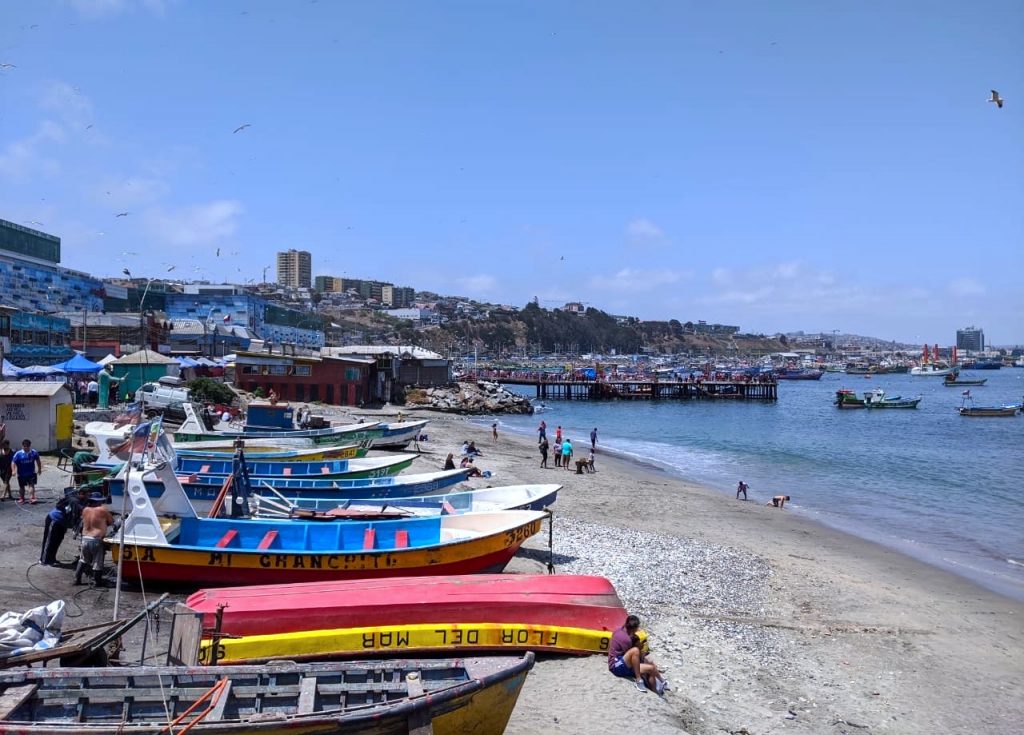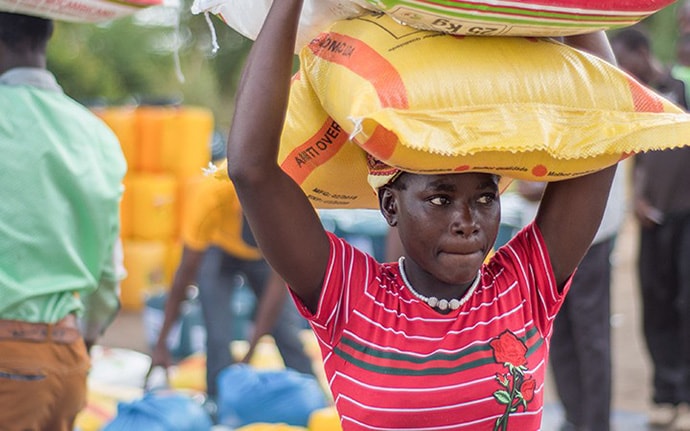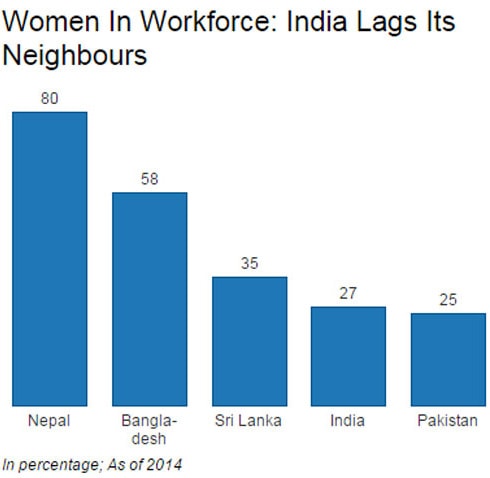Blog
Posted on February 18, 2020
By Kelly Pendergrast, Communications Consultant at Future of Fish

Boats arranged on the beach in Paita, Peru. Photo courtesy of Future of Fish.
Billions of people depend on fish as a critical source of protein. From lobster divers in Belize to handline mahi-mahi fishers in Peru, communities around the world feed themselves and make a living from the fish they pull from the ocean every day. But these livelihoods are under threat. Climate change is already wrecking havoc for coastal communities in developing countries, with rising seas damaging dockside infrastructure and warming waters driving away traditional fish stocks. The result is loss of income, food, and in many cases, cultural heritage.
Continue Reading
Posted on February 6, 2020
by Amanda Miah, Content Manager of Tearfund USA

Approximately 45 million people across 16 countries in southern Africa are facing severe food shortages due to a devastating combination of extreme weather events and political and economic instability. Photo credit: Tearfund USA
Last September, the world witnessed an unprecedented movement of young people raising their voices, demanding that their leaders take action on the global climate crisis. For millions of people across the world, standing up for climate justice isn’t just a passing trend; it is both urgent and necessary for a flourishing future.
Tearfund, a faith-based international aid and development organization, is among those taking action. We have seen firsthand how climate change is affecting those we serve. The problems produced by an unstable climate are undeniable and as a result, vulnerable people are being pushed back into poverty at an alarming rate.
Continue Reading
Posted on November 6, 2019
By Urvashi Gandhi, Director – Global Advocacy, Breakthrough India
A very big question looming in front of us in India is why, despite the economic boom unleashed by economic reforms, women have been dropping out of the workforce in huge numbers? India has one of the lowest female labor force participation rates among the emerging market economies and developing nations. While slightly more women work in India than in Pakistan (27 per cent and 25 per cent, respectively), Pakistan’s female labor-force participation rate is on the rise — while India’s is deteriorating. The proportion of women working in Bangladesh is three times higher than that of India, which ranks last among BRICS countries.

Global data shows that no country in the world has achieved equality in unpaid care work or paid equality between men and women. When we are talking about the decreasing number of women’s participation in the formal workforce, there is also a need to talk about the role of men in creating a supportive environment that enables women’s participation in the formal workforce. This support by men and other members of the society is needed not just at the workplace, but also at homes and in communities. Currently the conversation is either totally missing or is being done in a very ad-hoc/reactive manner.
Continue Reading


